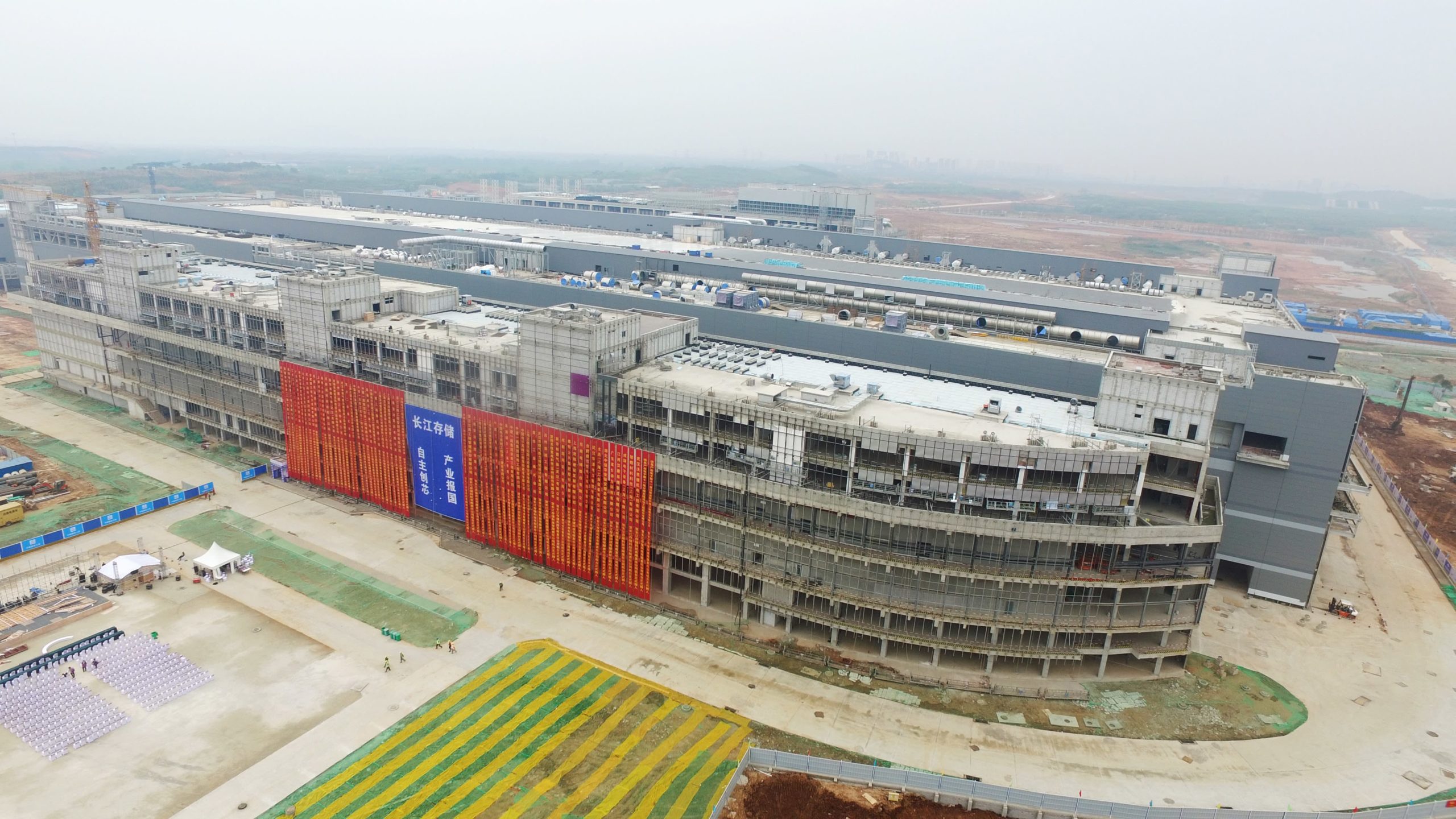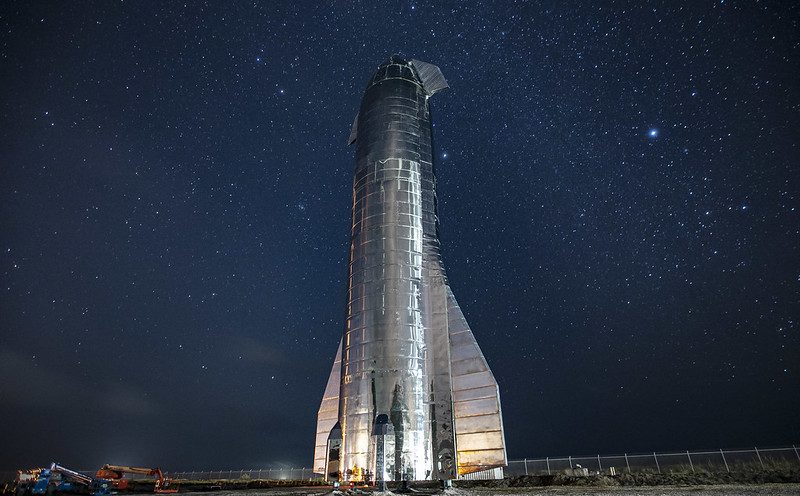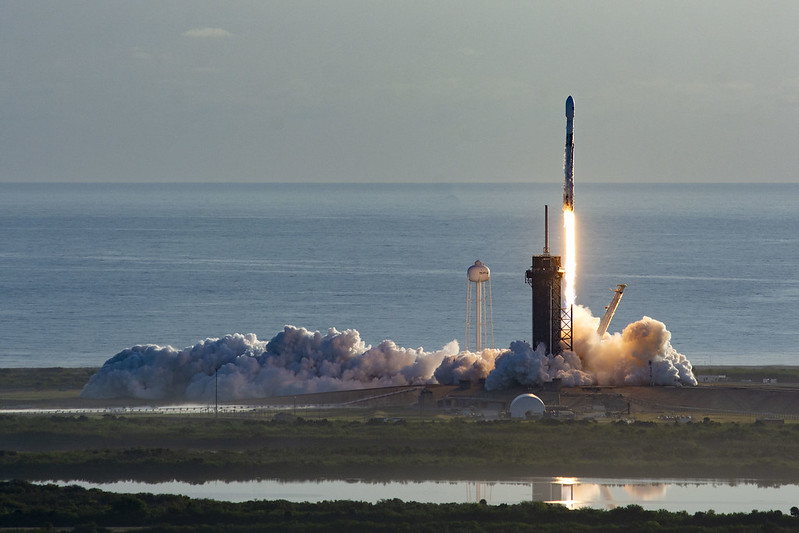Welcome to a new daily column in which we recap the biggest things in the IT world that happened in the last 24 hours that we feel you should know about.
It could be interest you

Misleading Wi-Fi 6 certification
From a user perspective, perhaps the most serious news is that the Wi-Fi Alliance has been found to be issuing a certificate of compatibility for the new Wi-Fi 6 standard to devices that are not supposed to be eligible for it. In extensive and highly technical fast shared this finding by a reddit user who has access to a large number of enterprise networking products. As it turned out, the new Wi-Fi 6 standard allows manufacturers of network elements to use this certification for advertising purposes, even in cases where individual devices do not have the complete specifications expected from Wi-Fi 6 certification (especially with regard to security and data transfer type/speed). In practice, the customers who will pay the most for this fact are those who will only look for whether their new router meets "Wi-Fi 6", but will no longer be interested in the extent to which it meets this standard. This is relatively fresh information, and it is possible that the Wi-Fi Alliance will react to it in some way.
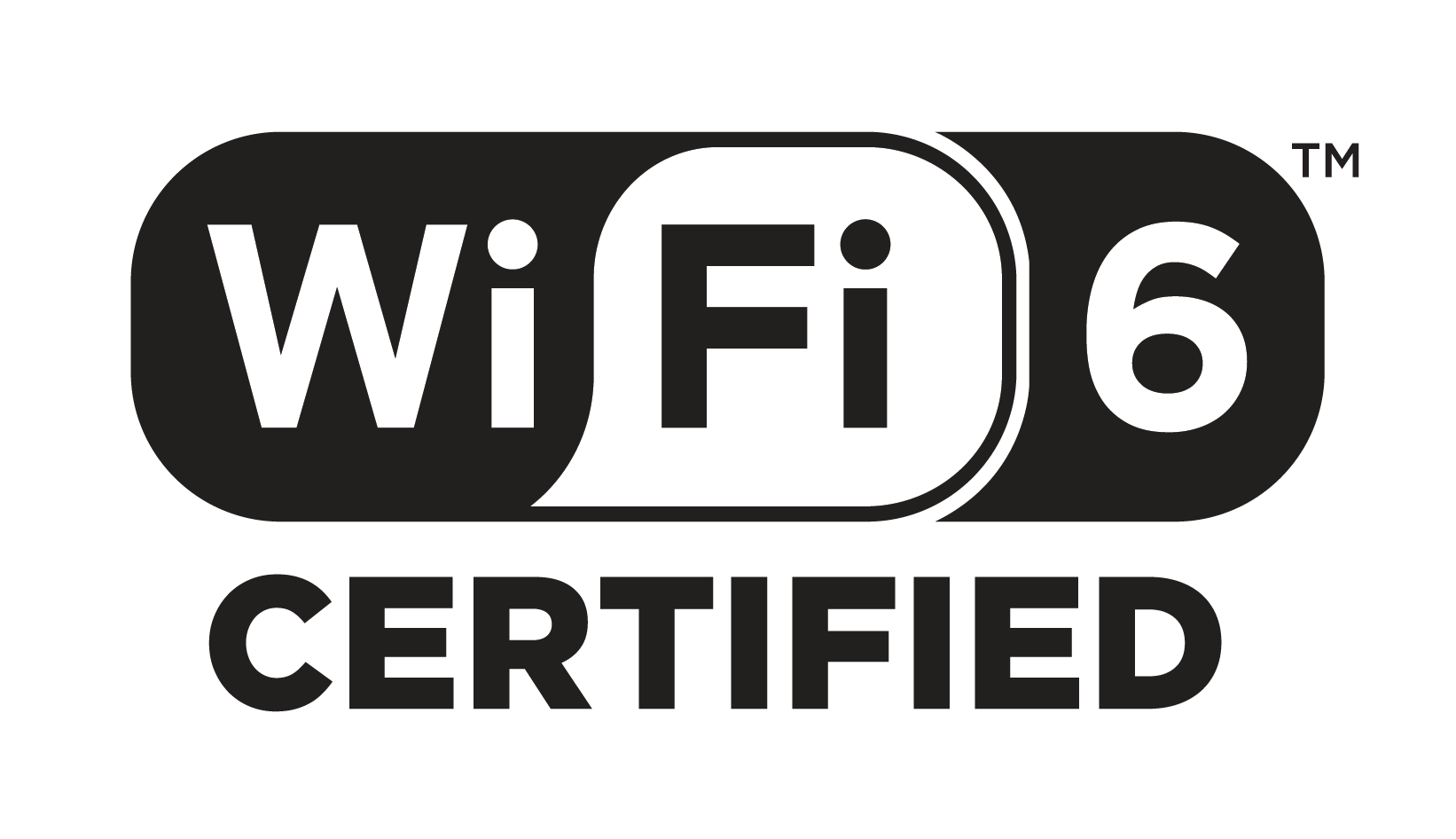
Huawei is about to enter the field of dedicated GPUs
Server & Hosting OC3D brought information that the Chinese giant Huawei is going to enter the market this year with dedicated graphics accelerators intended for deployment in computers and servers. The new graphics accelerator should be aimed mainly for use in computing centers with a focus on AI and cloud solutions. It bears the name Ascend 910 and according to Huawei it is the fastest AI processor in the world, reaching a performance of up to 512 TFLOPS at a TDP of 310 W. The chip should be manufactured on a 7nm+ manufacturing process, which should be far more advanced than, for example, competing solutions from nVidia . This card fits into the concept of China's long-term strategy, which wants to completely replace all foreign products in its computing centers with domestically produced chips by the end of 2022.
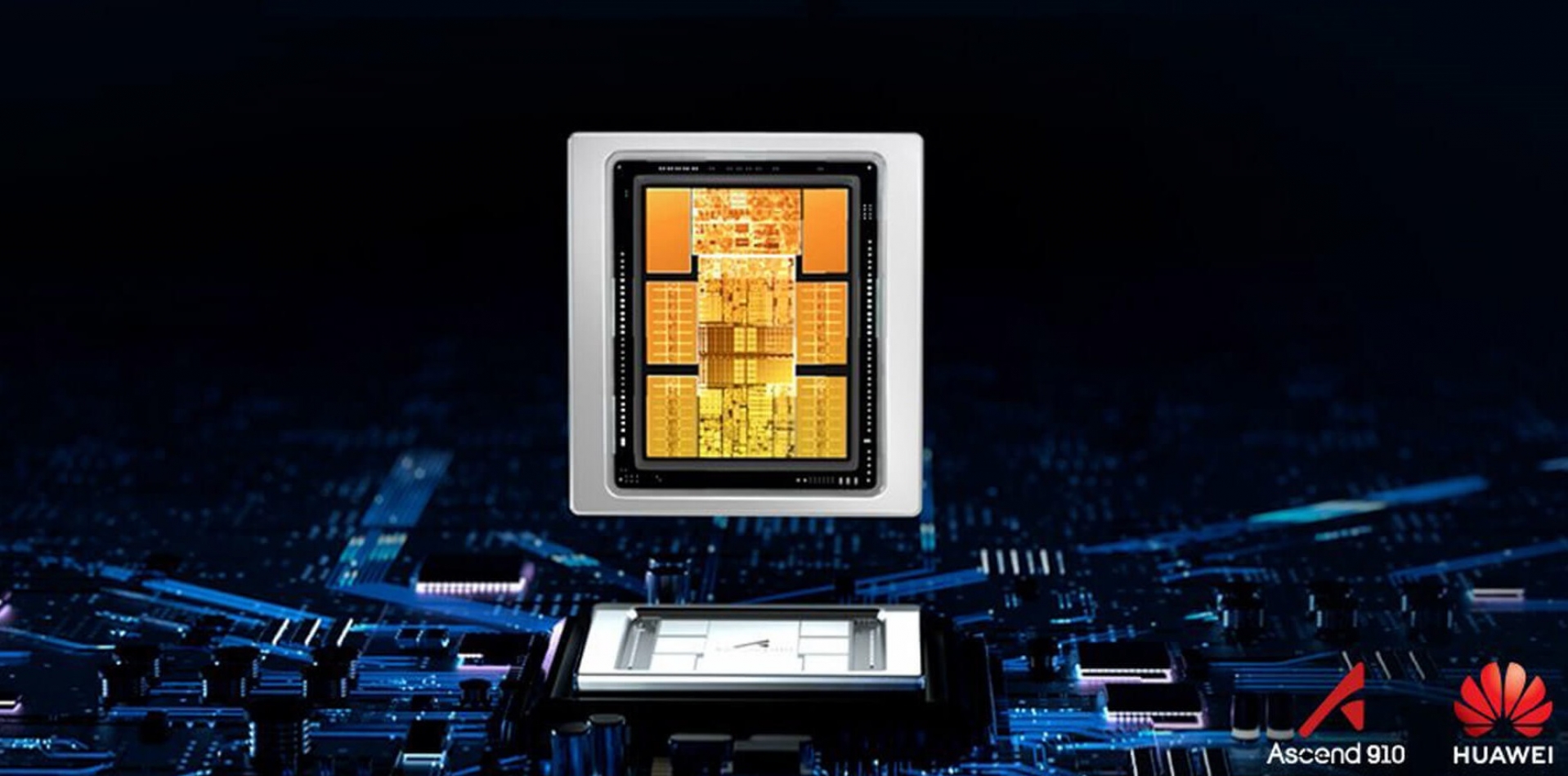
Tesla, Boeing, Lockheed Martin and others have been targeted by hackers
US aerospace manufacturing and design firm Visser Precision has become a target ransomware attack. The company did not accept blackmail, and the hackers decided to publish the stolen (and quite sensitive) information on the web. The leaked data contains relatively sensitive information regarding, for example, industrial designs of military and space projects from the stable of Lockheed Martin. In some cases, these are really carefully guarded military projects, which include, for example, the design of a special military antenna or an anti-artillery defense system. The leak also included other information of a personal nature, such as company bank transactions, reports, legal documents, and information about suppliers and subcontractors. Other companies affected by the leak include Tesla, or Space X, Boeing, Honeywell, Blue Origin, Sikorski and many more. According to the hacker group, the disclosure of sensitive information is a clear example of what can happen if the company does not pay the "ransom".
China grinds its teeth on Samsung and its memory chips
China's largest manufacturer of memory modules, Yangtze Memory Technologies announced, that it is currently able to start the production of memory chips that will match the top production from South Korea's Samsung, which is currently the producer of the most advanced flash memories. According to Chinese news servers, the company was able to test its new types of 128-layer 3D NAND memory, the mass production of which should begin by the end of this year. Other large manufacturers of flash memory, such as Samsung, SK Hynix, Micron or Kioxia (formerly Toshiba Memory), should thus lose the lead they had. However, the question is how much of the information published in the Chinese media space is reality and how much is wishful thinking. However, the Chinese cannot be denied the progress in the field of IT technology and hardware that their manufacturers have made over the past few years.
